Memory allocation functions and language statements like malloc/free and new/delete are not a system calls. Malloc\free is a part of the C\C++ library and new\delete is a part of C++ runtime system. Calls of both can occasionally lead to the system calls. In the other languages memory allocation implemented in the similar way.
In general memory management can't be implemented without involving OS at all, because memory is one of the main system resources, and due to this global memory management made by OS kernel. But due to the fact that the system calls are relatively expensive, peoples try to design languages and memory allocation libraries in such a way to minimize amount of system calls.
As I know heap is an intra-process entity. That is mean that all memory allocation/deallocation requests are managed entirely by process itself. Operating system knows only the heap location and size and services two types of requests from the intra-process memory management system:
add memory page at virtual address X
release memory page from virtual address X
Local memory management system request these services when it decides that it haven't enough memory in the memory pool of heap and when it decides that it have too much memory in the memory pool of heap.
Despite the fact that the memory allocation is usually designed in such a way to minimize amount of system calls it still stay about order more expensive then memory allocation on stack. This is because the memory allocation\deallocation algorithms of heap are much more complex and expensive than the same of stack.
